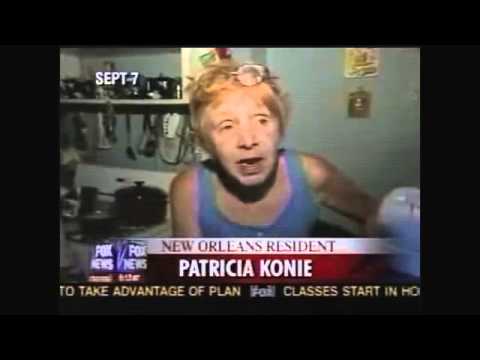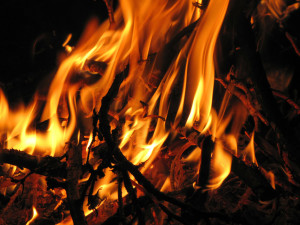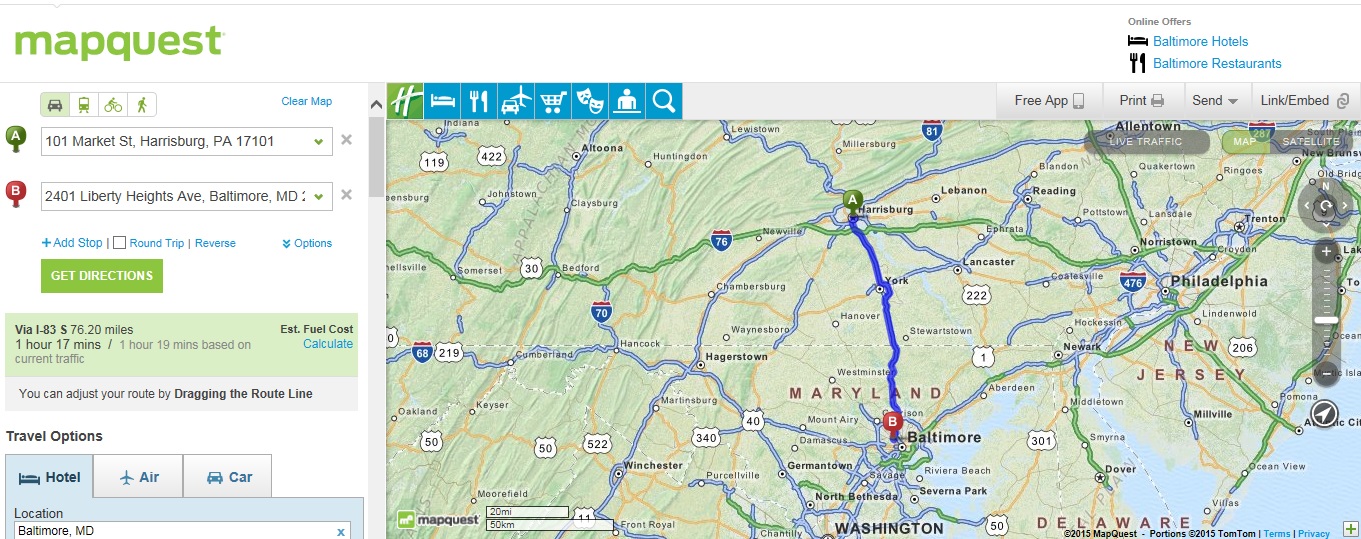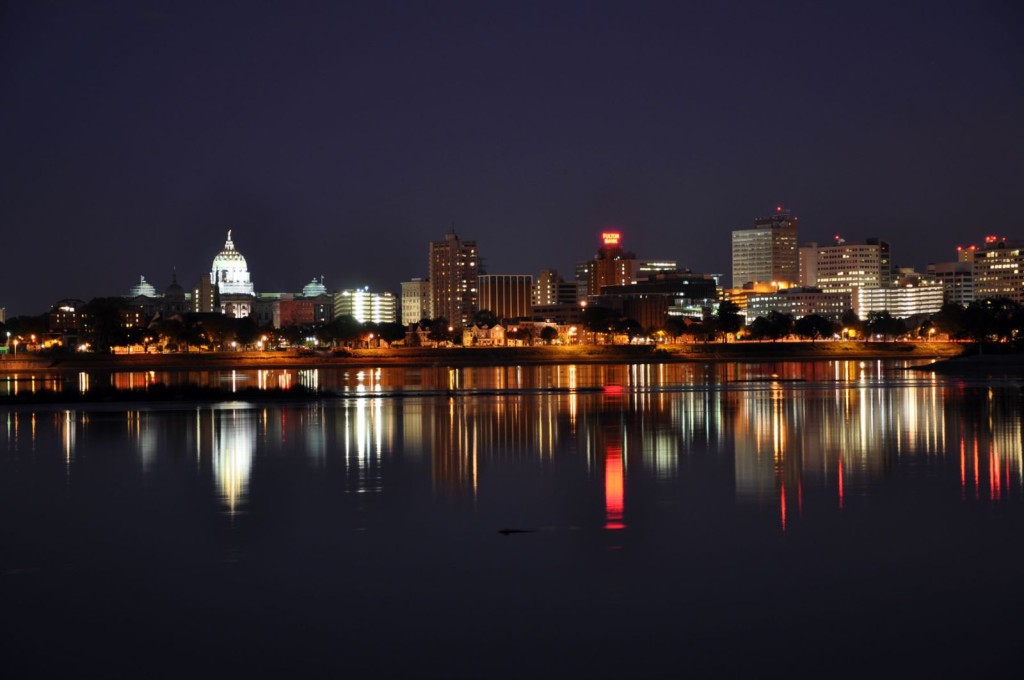Baltimore is officially in a state of emergency. Riots have broken out. Riots are spreading.
As of the time of this post, the official reports from the City and the State claim that rioters have set fire to 15 buildings and 144 cars. Rioters threw bottles, rocks, bricks and other dangerous items at police, injuring 19 officers. Baltimore’s streets are flooded with debris. There were also 2 shootings. One of the victims was a fifty-one-year-old woman. Is this likely a case of under-reporting? Time will tell. Needless to say, it is a very fluid situation and it is very, very dangerous for everyone.
Reportedly, the rioting began at Mondawmin Mall. That mall is 76.2 miles from the Dauphin County Courthouse. Perhaps on television it seems like worlds away. But it isn’t.
What if something similar were to happen at home in Pennsylvania? If we were faced with mass chaos, and a state of emergency in Pennsylvania, what impact would it have on Penn LAGOs?
State law addresses firearms during a declared state of emergency in 18 Pa.C.S. § 6107.
No person shall carry a firearm upon the public streets or upon any public property during an emergency proclaimed by a State or municipal governmental executive unless that person is:
(1) Actively engaged in a defense of that person’s life or property from peril or threat.
(2) Licensed to carry firearms under section 6109 (relating to licenses) or is exempt from licensing under section 6106(b) (relating to firearms not to be carried without a license).
So during a state of emergency, as a general rule firearms are prohibited on public streets and public property. However, the prohibition doesn’t apply to anyone with a valid License to Carry Firearms (LTCF). [So maybe this is a great way of reminding readers who do not have a LTCF to get one so that they do not become disarmed victims when the SHTF?] This prohibition also doesn’t apply for those exempt from licensing under 6106(b) (there are sixteen subparts to 6106(b), but just to name a small portion, exemptions exist for: constables, sheriffs, prison or jail wardens, or their deputies, policemen of the Commonwealth or its political subdivisions, or other law-enforcement officers).
As a result, those with a valid LTCF are not subject to the prohibitions of Section 6107. LAGOs who are licensed are free to carry firearms to defend their own lives in a state of emergency, just as they would at any other point in time. The rules of self-defense, the Castle Doctrine and Stand Your Ground still apply in a state of emergency or during a riot. There is no “extra” right to use deadly force.
Those who regularly open carry without a license, however, may be affected. As we discussed in our previous post, Shall Not Be Questioned?, open carry is generally legal in Pennsylvania even without a license (save Philadelphia, where you need a valid License to Carry Firearms or recognized concealed carry permit in order to open carry). During a state of emergency, the unlicensed open carriers would be forbidden from carrying on the streets or any public property, unless they were “[a]ctively engaged in a defense of that person’s life or property from peril or threat.” That seems like a very narrow set of circumstances, because in many instances, it may be too late at that point. Nevertheless, if an ongoing defensive situation were to bring a non-licensee outside of the home, the non-licensee would not be subject to penalties.

Patricia Konie’s revolver was confiscated by law enforcement in aftermath of Hurricane Katrina. Retrieved from https://www.youtube.com/watch?v=KpHkR2KaTLw on 4/28/2015.
As of late, citizens nation-wide have expressed concerns over the potential for firearms confiscation during a state of emergency. Partially, these concerns stem from recent memory, when Louisiana residents faced confiscation of firearms in the aftermath of Hurricane Katrina. New Orleans Police Superintendent Eddie Compass declared “No one will be able to be armed. We will take all weapons. . . . Only law enforcement will be allowed to have guns.”
The U.S. District Court for the Eastern District of Louisiana granted a permanent injunction against New Orleans and Mayor Nagin, preventing them from confiscating lawfully owned firearms ever again. Louisiana eventually passed a law preventing the confiscation of lawfully owned firearms, and around the nation, legislators took action to avoid these circumstances in their own backyards. Ultimately, a federal law placing prohibitions and restrictions on confiscation of firearms became effective October 4, 2006. 42 U.S.C. § 5207.
Similarly, Pennsylvania has state specific provisions preventing the confiscation of firearms during a state of emergency. These protections can also be found in 18 Pa.C.S. § 6107:
[N]otwithstanding the provisions of 35 Pa.C.S. Ch. 73 (relating to Commonwealth services) or any other provision of law to the contrary, no firearm, accessory or ammunition may be seized, taken or confiscated during an emergency unless the seizure, taking or confiscation would be authorized absent the emergency.
The bottom line is this: absent independent reasons to do so, the government (state, federal and local) has no authority to disarm a Law Abiding Gun Owner in Pennsylvania during a state of emergency. If there would be no authority absent the state of emergency, there is no authority during a state of emergency. And if that LAGO has a License to Carry Firearms, Pennsylvania law doesn’t criminalize carrying a firearm for defensive purposes state of emergency. After all, considering the turmoil involved in a state of emergency, that could very well be when a firearm is most necessary.
Local Laws
Despite these laws which have come from the State level, some local governments have taken it upon themselves to enact their own firearms laws defining the procedures during a state of emergency. The City of Harrisburg serves as a prominent example.
Codified Ordinances of Harrisburg
- 3- 355.1 Declaration of emergency.
Whenever the Mayor determines there has been an act of violence or a flagrant and substantial defiance of or resistance to a lawful exercise of public authority and that, therefore, there is reason to believe that there exists a clear and present danger of a riot, civil disorder or other general public disorder, widespread disobedience of the law and substantial injury to persons or property, all of which constitute a threat to public peace or order and to the general welfare of the City or a part or parts thereof, he or she may declare that a state of emergency exists within the City or any part or parts thereof.
- Whenever the Mayor declares that a state of emergency exists, the following emergency prohibitions shall thereupon be in effect during the period of said emergency and throughout the City:
(1) The sale or transfer of possession, with or without consideration, the offering to sell or so transfer and the purchase of any ammunition, guns or other firearms of any size or description.
(2) The displaying by or in any store or shop of any ammunition, guns or other firearms of any size or description.
(3) The possession in a public place of a rifle or shotgun by a person, except a duly authorized law enforcement officer or person in military service acting in an official performance of his or her duty.
- The Mayor may order and promulgate all or any of the following emergency measures, in whole or in part, with such limitations and conditions as he or she may determine appropriate; any such emergency measures so ordered and promulgated shall thereupon be in effect during the period of said emergency and in the area or areas for which the emergency has been declared:
. . .
(8) The prohibition of the possession in a public place or park of weapons, including but not limited to firearms, bows and arrows, air rifles, slingshots, knives, razors, blackjacks, billy clubs, or missiles of any kind.
This all comes into play when the Mayor finds that “there is reason to believe that there exists a clear and present danger of a riot, civil disorder or other general public disorder . . . .” It seems readily apparent that this would apply if Harrisburg were dealing with a Baltimore-type situation.
What exactly would happen if the Mayor declared a state of emergency? First, there would be no possession of long guns in a “public place,” and the only exceptions would apply to law enforcement officers and service members on duty. Even more expansive, the Mayor, “as he or she may determine appropriate” expressly has the authority to prohibit firearms of any kind in a public place. Putting this prohibition into effect lies solely within the Mayor’s discretion. Unlike the State law, there are no exceptions for those with a valid License to Carry Firearms. Also unlike State law, there is no exemption listed for those actively engaged in defending their own life.
What else? No transfers of firearms or ammunition are permitted. If you don’t have a firearm by the time the state of emergency is declared, you are simply out of luck. Even further, firearms dealers are prohibited from even displaying any firearms or ammunition throughout the state of emergency.
There’s a problem with this. Regardless of whether these local ordinances are good or bad policy (we’ll leave that for the LAGOs to decide), they are in fact a blatant violation of Pennsylvania law. Since 1974, Pennsylvania law has prohibited local governments from enacting ordinances regulating these activities.
Under 18 Pa.C.S. § 6120:
No county, municipality or township may in any manner regulate the lawful ownership, possession, transfer or transportation of firearms, ammunition or ammunition components when carried or transported for purposes not prohibited by the laws of this Commonwealth.
The law seems simple enough. In fact, the Pennsylvania courts have used a very basic reading in interpreting Section 6120 and have repeatedly struck down local ordinances as unlawful.
This is precisely the subject of our ongoing lawsuit. In this ongoing battle, we represent U.S. Law Shield of Pennsylvania, through its Program Director Todd Hoover (Corporal, Pennsylvania State Police, retired) and John Bruno (Investigator, Office of PA Attorney General, retired; PA State Constable, active), who is suing as an individual. Together, they’ve brought this action against the City of Harrisburg, Mayor Papenfuse, City Council members, and Chief Thomas Carter.
 On January 30th, we filed a motion to have these ordinances suspended. The Dauphin County Court of Common Pleas granted our motion as to three of these ordinances. The City of Harrisburg cannot enforce these ordinances until the Court determines otherwise.
On January 30th, we filed a motion to have these ordinances suspended. The Dauphin County Court of Common Pleas granted our motion as to three of these ordinances. The City of Harrisburg cannot enforce these ordinances until the Court determines otherwise.
One of the ordinances that is suspended is the State of Emergency Ordinance. If there were a state of emergency at this point in time, Harrisburg would have no authority to enforce its ordinance which goes beyond the restrictions of 18 Pa.C.S. § 6107.
Nobody wants to deal with a state of emergency. We wish the very best to those in Baltimore right now, and hope to see the city recover swiftly. But even though reality isn’t always what we’d like it to be, at the end of the day, we have no choice but to face it.
While the City of Harrisburg has made repeated claims that this ordinance doesn’t impact law abiding gun owners because there is presently no impending emergency, the topic doesn’t seem as irrelevant as they claim. Now, more than ever, it is hitting close to home. In fact, just over an hour from home.
As always, we encourage our followers to be safe, be responsible and to follow the law. Being aware of your rights and protections during a state of emergency is important. It can have a tremendous impact on your life. As said by Lord Robert Baden-Powell: “Be Prepared… the meaning of the motto is that a scout must prepare himself by previous thinking out and practicing how to act on any accident or emergency so that he is never taken by surprise.”



